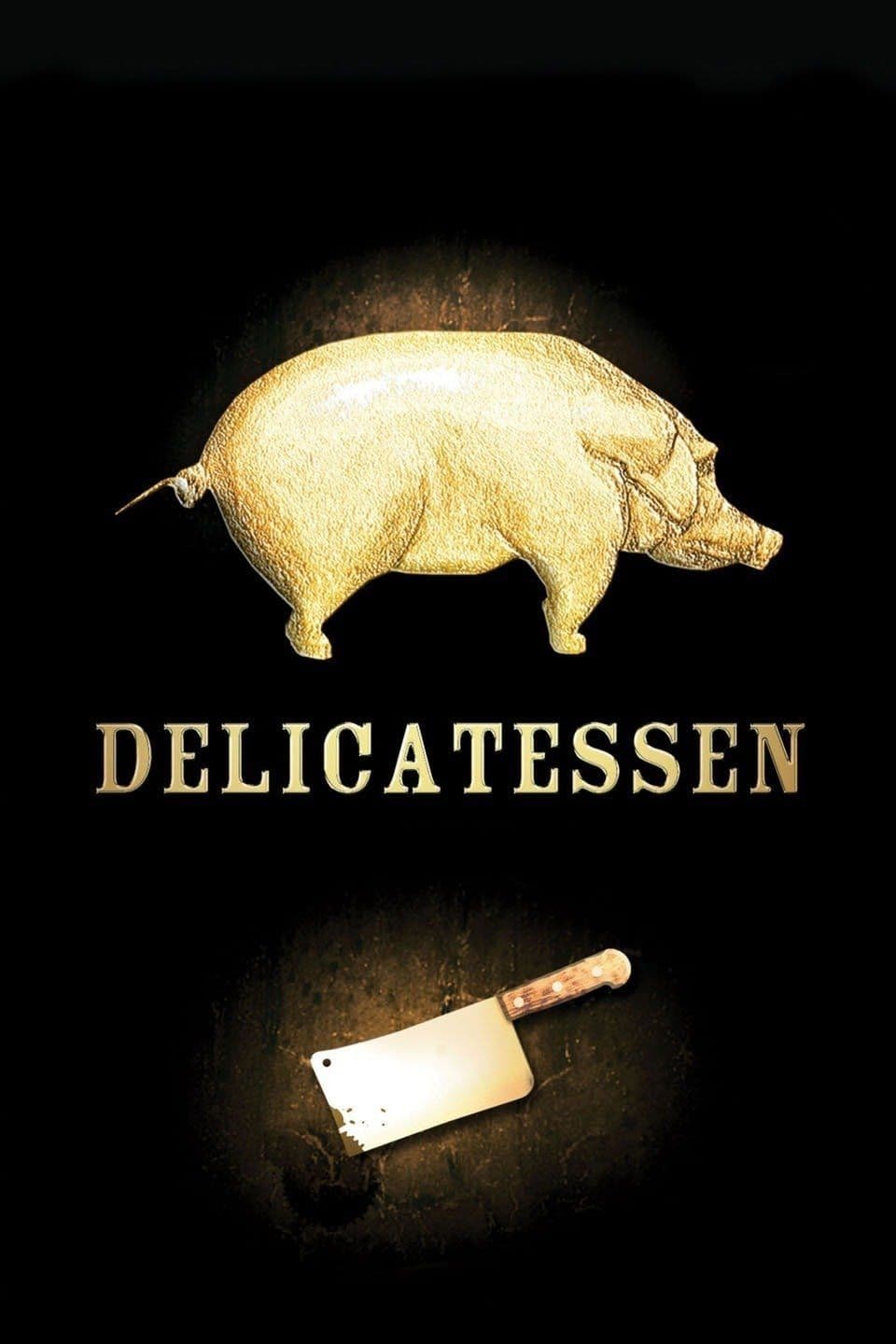
Delicatessen
1991
Rate this movie
Average: 0.00 / 5
(0 votes)
Directors
A film where surreal tones undermine the sense of reality and where comedy transforms into an impalpable distortion of the semantic fabric, an approach that elevates the grotesque to a tool for existential inquiry. It's not simple black humor, but a reinterpretation of the ordinary through the distorting lens of nonsense, as if Ionesco had directed a dystopian sitcom or Kafka had scripted a macabre musical. The absurd is not a mere stylistic device, but the very grammar of a world on the brink of an abyss, where reason has dissolved into a routine of accepted madness.
Jeunet and Caro are attentive to every minute detail, starting with the splendid opening credits (one of the most beautiful ever seen), a prologue that is already a declaration of intent and a visual compendium of the aesthetic that will pervade the entire work. The camera explores a future already past, an aesthetic of reuse and decay that manifests in every single prop, from the light filters that create pictorial atmospheres to the textures of the peeling walls. Their background in music videos and advertising, where image is everything, translates here into a visual mastery that sculpts every frame with the precision of an engraver, conveying a sense of oppression and at the same time an unexpected, almost melancholic, beauty. It is a world meticulously crafted in its grime, a handcrafted universe where every detail contributes to defining the film's unique tone.
The story paints a post-atomic context, within a condominium microcosm where the despotic Butcher decides the life (and death) of the building's tenants. This scenario of desolation and scarcity is not just a fantastical backdrop, but a powerful allegory of the moral decay and dehumanization that can accompany survival in extreme conditions. The condominium, in this sense, stands as a metaphor for an isolated and self-referential society, where power dynamics manifest in a primitive brutality, barely concealed by a veneer of everyday strangeness. The echo of dystopian novels like Brave New World or Nineteen Eighty-Four resonates here in a tragicomic key, where control is not exercised by a state entity but by an individual whose power derives solely from his position at the top of the food chain. It is the law of the jungle applied to the condominium, a chamber drama where the boundaries between victim and perpetrator become increasingly blurred, and morality is a luxury few can afford.
All this until the arrival of the improbable Louison, a wanderer with a circus past who, with his naive vitality and unexpected candor, will break the balance and rebel (despite himself) against the despotic tyrant and his creeping cannibalism. Louison is not an archetypal hero, a knight without blemish on a mission, but a man whose actions stem from an almost childlike innocence and a disarming spontaneity; he is an involuntary catalyst for change in a world that has forgotten lightness and the possibility of choice, a modern Don Quixote whose purity of spirit clashes with the harsh reality of his time. His figure is a luminous counterpoint to the gloomy atmosphere of the building, a symbol of hope that sprouts from the most improbable of conditions.
He will be providentially aided in his endeavor by a grotesque sect of rat-men based in the sewers, almost mythological figures from an urban underworld who represent the last, the outcasts, the true custodians of a (albeit distorted) form of resistance. Their presence is not only a surreal element of pure fantasy that adds another layer of strangeness, but also a caustic comment on social marginalization and the creation of clandestine communities that thrive on the fringes of recognized civilization, like dormant cells ready to overturn the established order.
Around the main plot, there is a myriad of stylized cartoonish characters created by a pyrotechnic screenplay: the apartment frog breeder, who embodies man's stubbornness in finding meaning in small, absurd activities; the perpetually unaccomplished aspiring suicide, who embodies the futility of existence and the perennial search for meaning even in renouncing it; the moo-box tester, whose obsession with mechanical sound is an escape from the deafening silence of a humanity at its endpoint. Each figure is a hyperbole of the everyday, a vivid caricature that, in its absurdity, reveals deeply human traits: despair, hope, resignation, the stubbornness of clinging to small obsessions to feel alive. They are Pirandellian masks of a theatre of the absurd where tragedy is veiled by an irresistible, bitter, comedy, and every single existence contributes to weaving the bizarre tapestry of this claustrophobic community.
The directors' genius unfolds in a thousand streams throughout the work, always ready to capture a surreal emotion and feed it to the spectator in the form of figurative suggestion. This is the unmistakable stylistic signature of Jean-Pierre Jeunet and Marc Caro, a creative tandem that, with Delicatessen, managed to merge the aesthetic of comics and variety shows with the depth of social reflection, a precarious balance that would later be refined in The City of Lost Children. The warm, almost sepia colors, and the smoky, intimate atmospheres contribute to creating a total immersion in this decadent yet lively universe, where every object has a story and every shadow hides a secret. It is cinema that feeds on atmospheres, on tactile and visual suggestions, a sensory experience even more than a narrative one, enveloping the viewer in a timeless bubble.
A splendid example of this technique, which elevates the film beyond mere narration, is the sequence in which, to document the daily life of the condominium, its pounding routine is chosen to be represented through a rhythm generated by the noises of the residents' lives: Louison painting the ceiling with a roller using his suspenders, the lovemaking on a creaking bed of the butcher and his lover, the cello player's solfeggio. This sequence is a pinnacle of cinematic ingenuity, a symphony of life and decay that recalls Jacques Tati's sound orchestra, where noise becomes language, and apparent cacophony resolves into a grotesque and moving harmony. It is the heartbeat of the building, a collective beat that reveals the invisible interconnections between solitary existences, demonstrating that even in the most extreme alienation, man is never truly alone, but part of a bizarre and ineluctable chorus.
A visionary apotheosis of brilliantly embedded vignettes within the main body of the narrative that make Delicatessen an ironic and grotesque work, but also delicate and even poetic. The love story between Louison and Julie, the butcher's daughter, is the pulsating heart of this bizarre black fable, a ray of light in a world of shadows, reminding us how tenderness and human connection can sprout even in the driest soil. Delicatessen is not just an exercise in style or a bizarre comedy; it is a work that questions human nature in extreme situations, celebrating the resilience of the spirit and the ability to find beauty and hope even in the deepest abyss. It remains, years later, a timeless masterpiece, a film that continues to resonate for its inextinguishable originality and its unclassifiable, sublime, melancholic madness, a beacon in the landscape of European fantastic cinema.
Country
Gallery
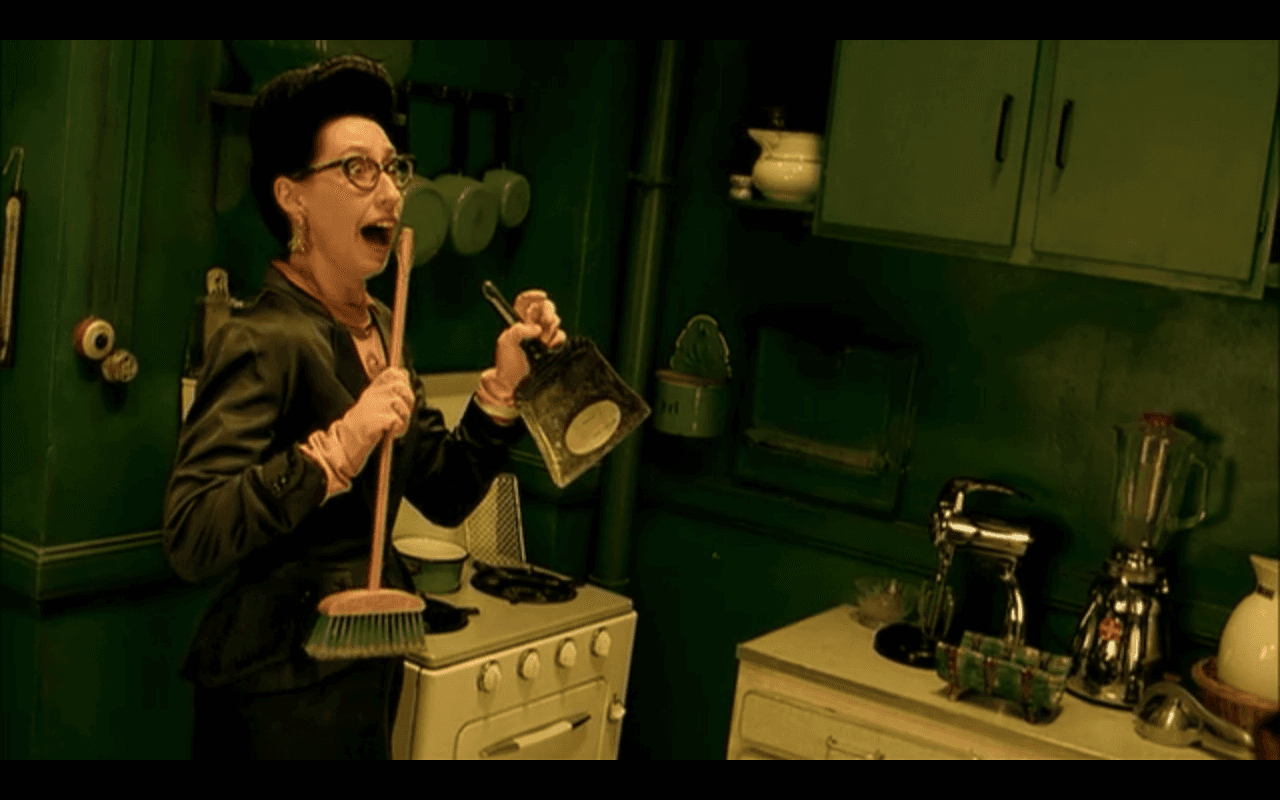
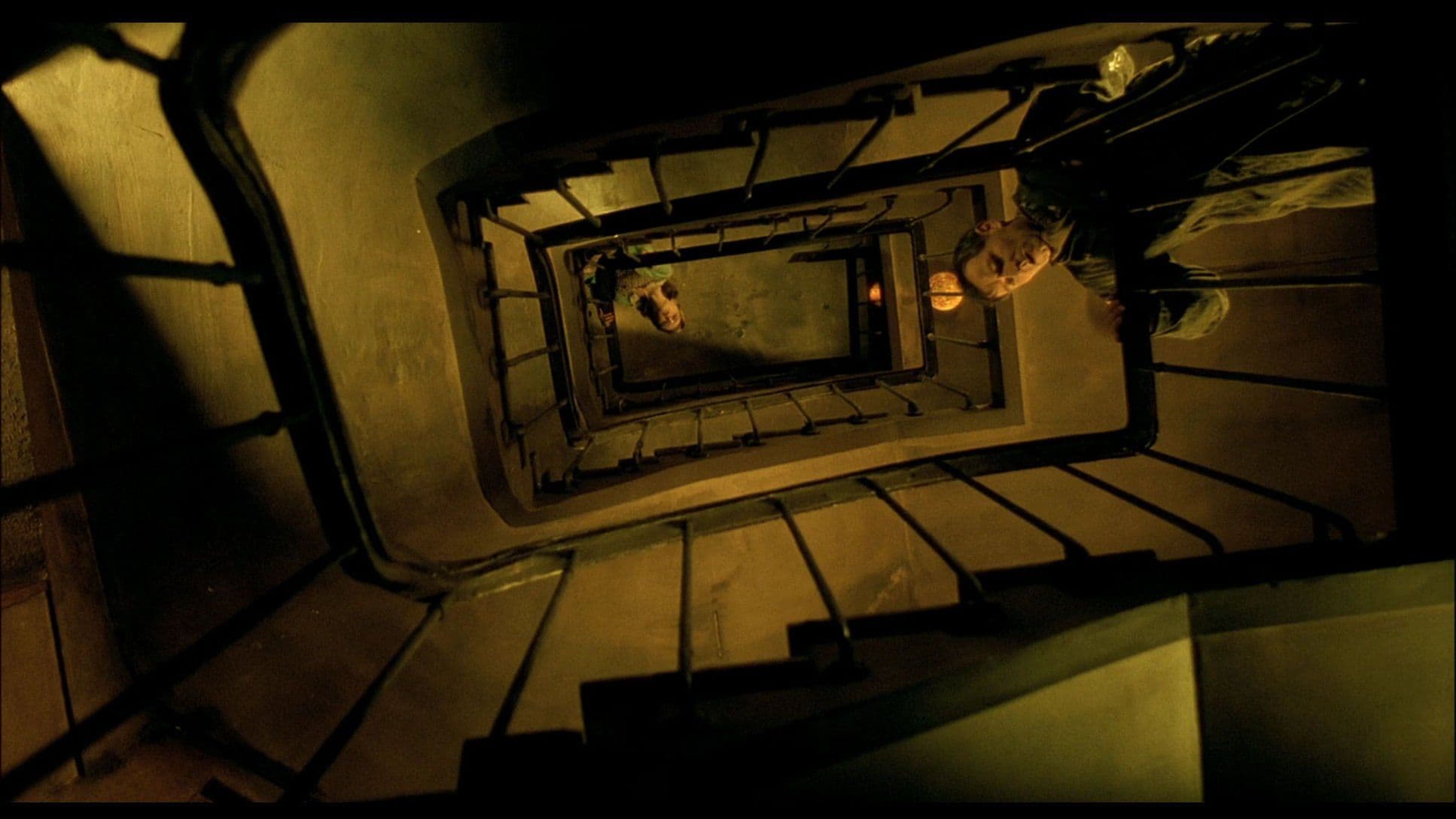



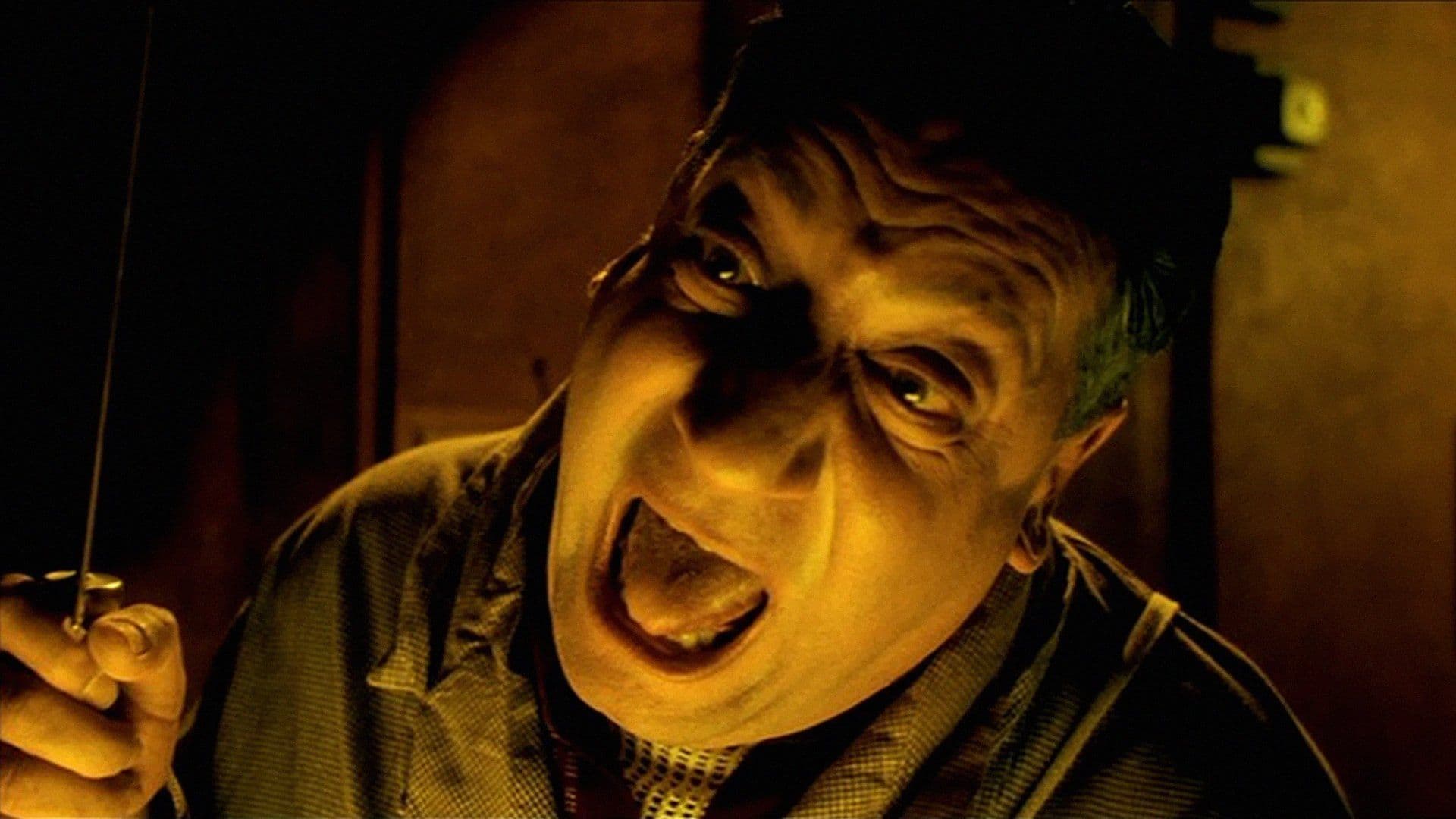
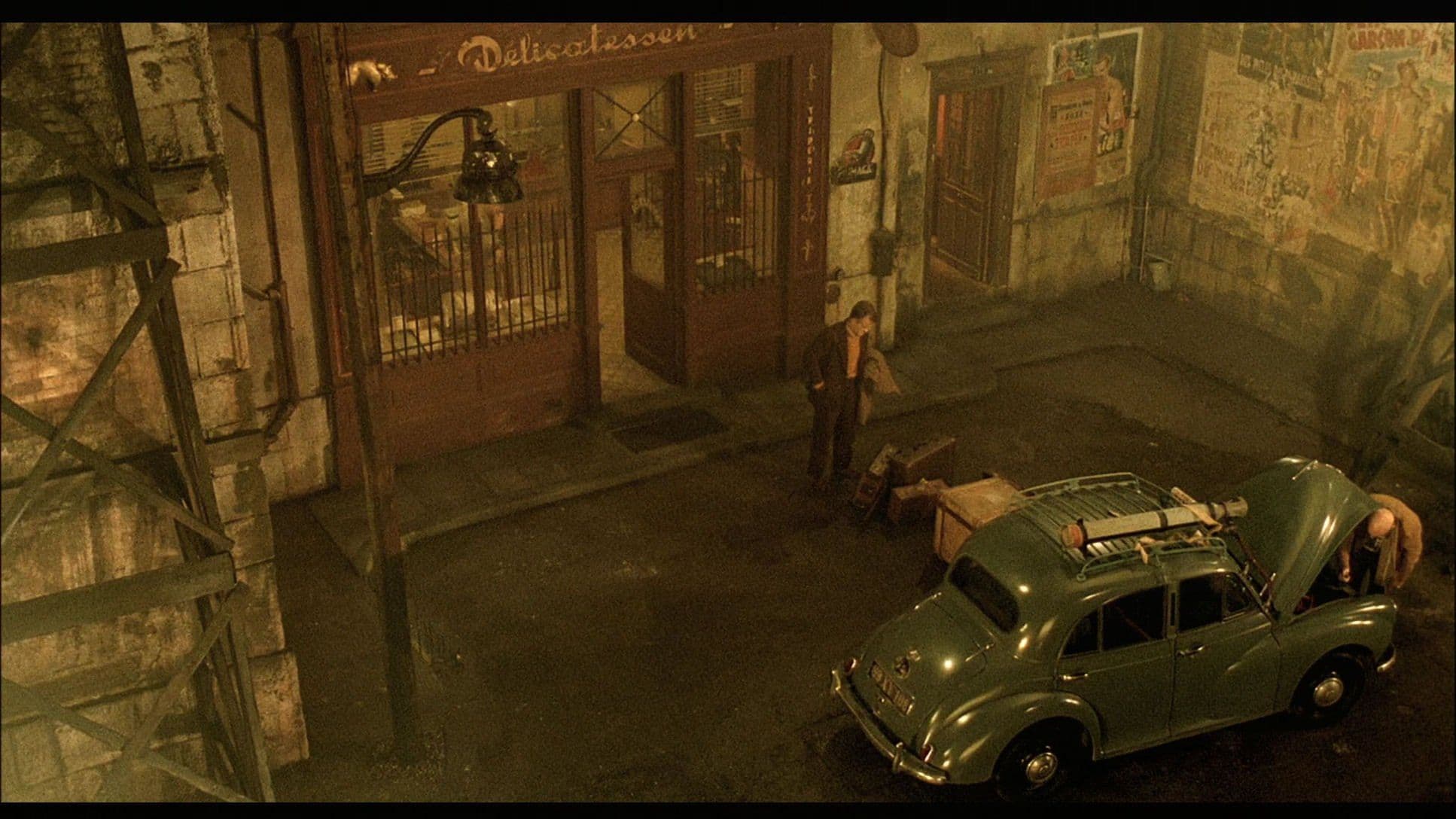

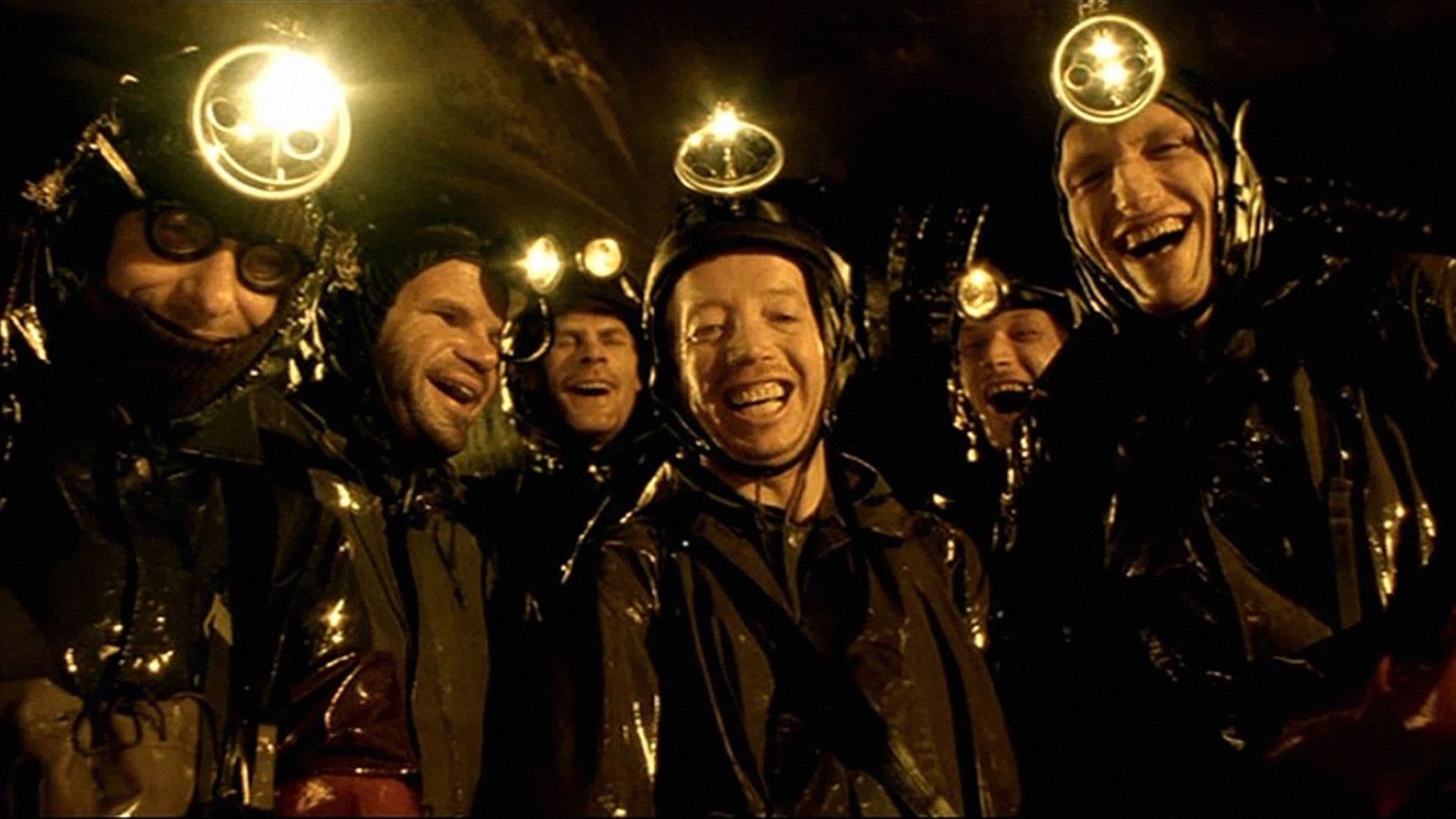
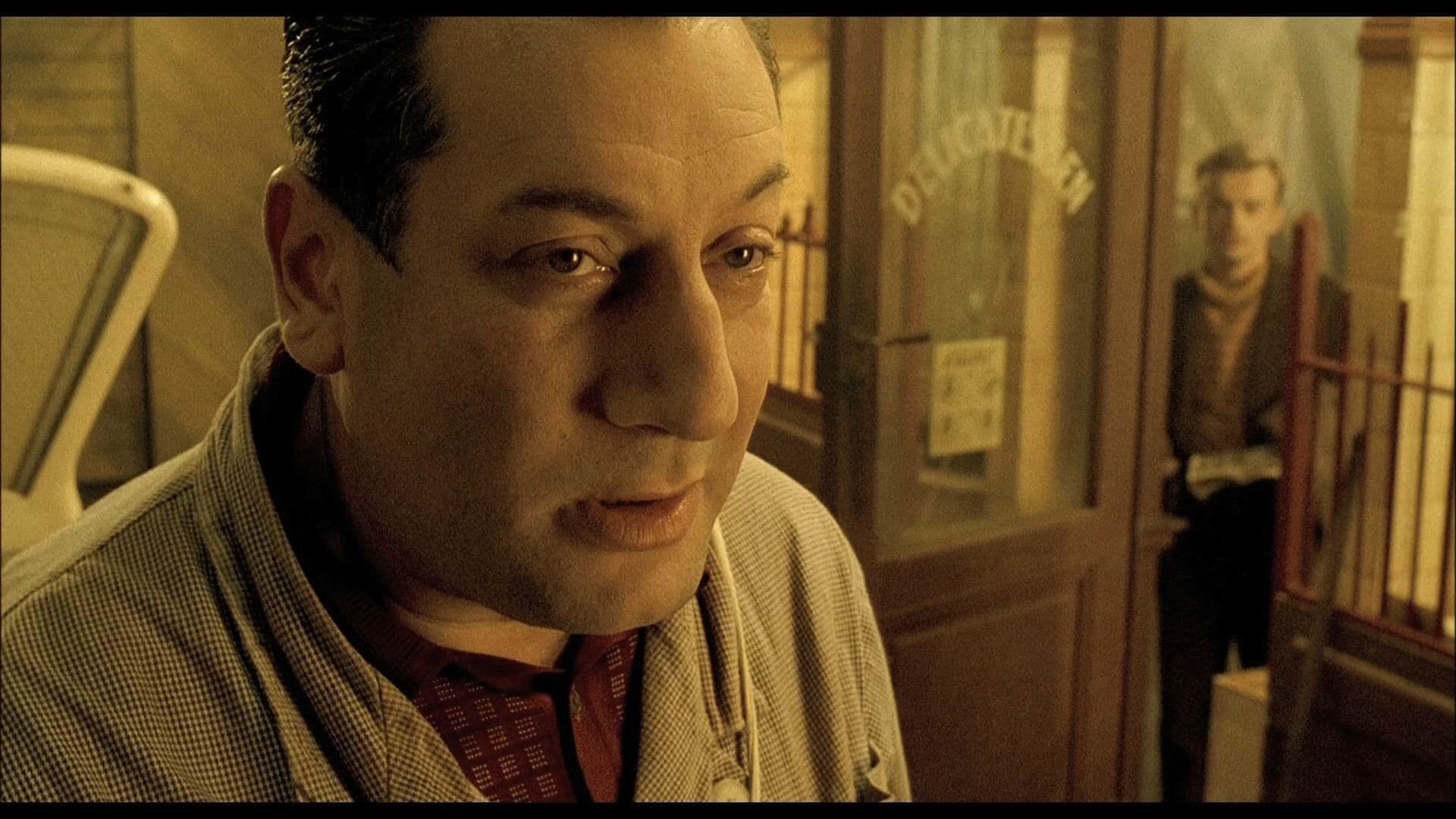

Comments
Loading comments...